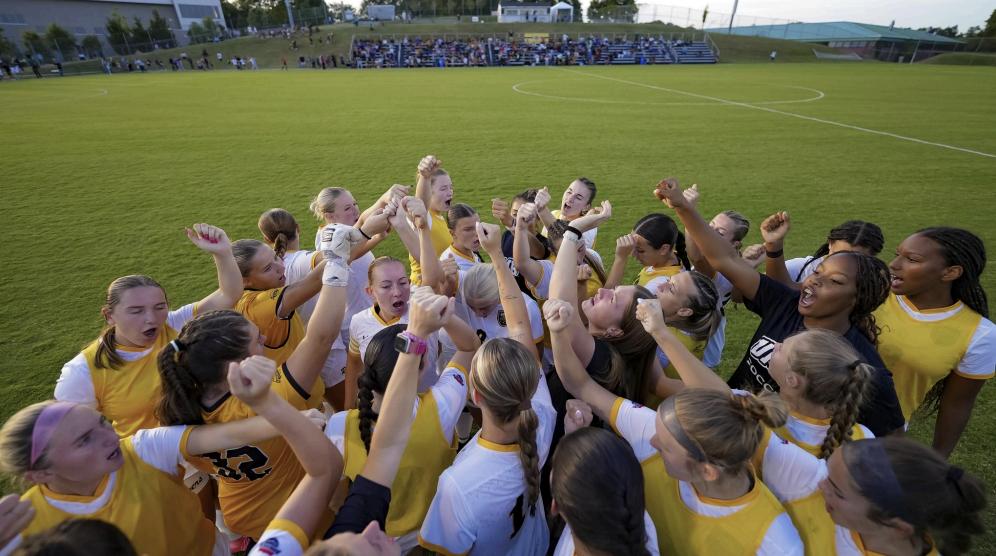Since President Trump issued a temporary ban imposing a 90-day ban on seven countries entering the United States, college campuses such as UMBC and Towson University have addressed the issue through emails to their students. The seven countries include Iran, Iraq, Syria, Libya, Sudan, Somalia, and Yemen.
According to the New York Times, many students attending American universities have been blocked from returning to the United States after visits abroad. For instance, this problem was faced by a Sudanese graduate student at Stanford, a legal permanent resident, who was unable to enter the country for five hours and held at Kennedy International Airport in New York.
In an email addressed to UMBC students, President Hrabowski discussed how campus offices are working actively to help students and faculty who might be affected by the executive order. Students and faculty who may be affected by this recent executive order are instructed not to pursue international travel until further notice.
Specifically, the campus leadership team, UMBC’s Office of International Education Services as well as other campus offices are addressing these issues through a set of resources for community members. Individuals who are aware of community members traveling abroad who are also citizens of these seven countries holding valid entry and residence visas are encouraged to contact the IES office.
Brandon Liu, a sophomore biology and animation major, stated, “I like how they’re working to help our community members that are targeted and affected by the EO.” Jackie Johnson, a sophomore political science major, stated, “I think it’s very important that he addressed the issue. I wish he had addressed the issue more thoroughly.”
Similarly, Towson University has sent an email to their students addressing President Trump’s executive order. In their email, they state that they will not permit immigration enforcement authorities to enter campus without a warrant or unless there is a immediate circumstance.
Additionally, Towson University has stated that they will not voluntarily partner with immigration authorities to assist with enforcement activities. They will not ask or record immigration status while protecting the campus community. They will also not provide enforcement authorities with student records without a lawfully issued subpoena or court order.
College campuses from across the country have expressed a similar sentiment.
Princeton University’s president in his email stated that their position on immigration policy issues “reflects our conviction that every single person on this campus has benefited from the ability of people to cross borders in search of learning or a better life.”
He went on further to state that his family “…arrived in this country as refugees escaping from a war-torn continent. They would have perished had they been denied visas. My father first came to America as an exchange student from a country that had recently been at war with the United States and he then studied at Purdue University as a foreign graduate student.”
UMBC’s commitment to diversity will be advocated in the weeks and months ahead in response to the ban. The email also concluded with concern that the executive order might “have a chilling effect on higher education and research broadly.”
